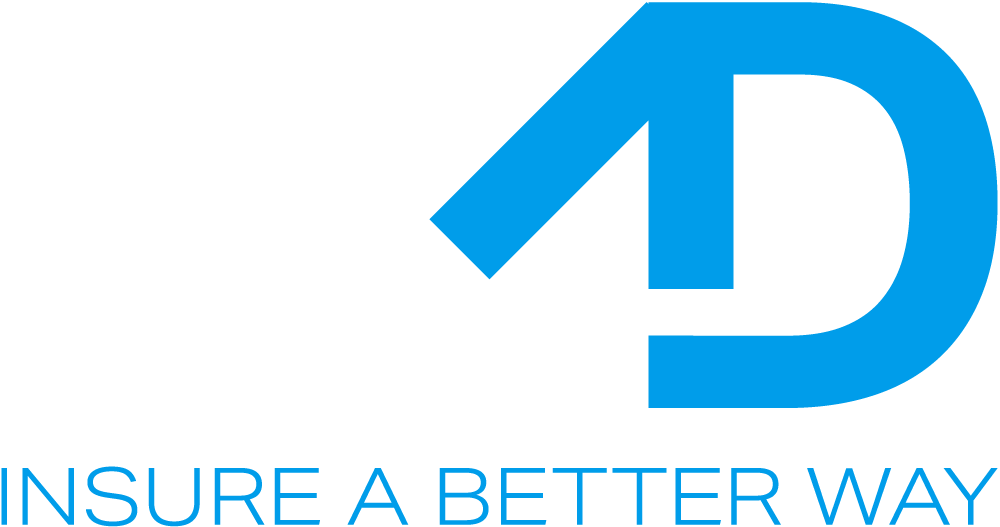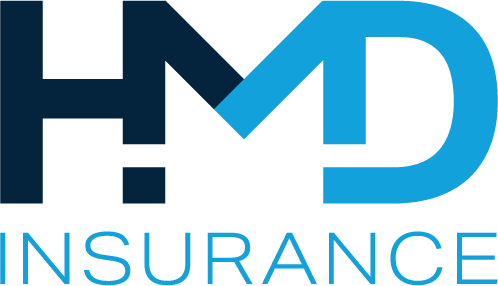
Product liability insurance is a major aspect of risk management for businesses involved in manufacturing, supply, or retail. Without the right insurance cover, businesses could face significant financial losses due to injury or property damage claims. This article explores what product liability insurance is, how it differs from public liability insurance, and why every business should consider it.
What Is Product Liability Insurance and Why Does It Matter?

Product liability insurance is designed to protect businesses from claims arising due to defective products that cause injury or property damage. If you manufacture, import, supply, or even rebrand products, you may be legally liable for damages caused by faults in the items you sell. With the increasing complexities of Australian consumer law, businesses must be prepared for potential claims and legal costs.
There is always the potential for something to go wrong when products are made, supplied, or used by consumers. Claims may arise due to design defects, manufacturing errors, or failure to provide adequate warnings or instructions. Having the right liability insurance protects your business against claims, covering legal defence costs and compensation payouts.
The Difference Between Public Liability and Product Liability Insurance
Many business owners ask about the difference between public liability and product liability insurance. While both are forms of liability insurance, they cover different types of risks. Here’s why:
- Public liability insurance covers injury or property damage caused by business operations at business premises or due to business activities.
- Product liability insurance focuses specifically on defects in manufactured or supplied products that lead to injury or property damage.
A public liability policy may include product liability insurance, but businesses must review their insurance policies to ensure they have adequate coverage. Without the right policy wording, they may be liable to pay substantial claims.
Why Businesses Need Product Liability Insurance

Product liability claims can arise in numerous ways, and businesses may be considered responsible even if they did not manufacture the product. Under Australian consumer law, a business may be liable if it:
- Manufactures products that are defective or unsafe.
- Supplies products that are later found to be faulty.
- Imports products into Australia and sells them under its brand.
- Uses its brand on a product made by another manufacturer.
If a product is made with defects, causing electric shock or other harm, consumers can seek compensation. The costs incurred in defending such claims, including legal fees, can be significant. Product liability insurance may help cover these expenses.
Who Needs Product Liability Insurance?
A wide range of businesses require product liability insurance to protect against claims, including:
- Manufacturers – Whether assembling electrical goods, food products, or cosmetics, defects in products can lead to serious claims.
- Importers – Businesses that import and resupply goods are considered manufacturers under Australian consumer law and must carry insurance.
- Retailers and Wholesalers – Even if not directly responsible for manufacturing, businesses supplying products can still be held liable for damages.
If a business’s products cause injury or property damage, it may be required to cover the cost of repairs, medical bills, or compensation payments. A product liability policy helps protect against financial loss.
Key Risks Covered by Product Liability Insurance
Product liability insurance protects businesses from financial losses due to claims related to:
- Injury or property damage caused by defective products.
- Legal action resulting from negligence in manufacturing or supply.
- Compensation claims made by consumers seeking redress.
- Costs incurred in investigating and defending claims, including legal fees.
There is always the potential for something to go wrong in the production and supply chain. A single faulty product could result in significant losses and reputational damage. Having appropriate insurance products ensures that businesses can continue operations without financial strain.
Choosing the Right Product Liability Insurance Policy
Selecting the right insurance cover requires considering various factors, such as:
- Business size and type – Larger manufacturers and importers often require higher coverage limits.
- Products liability insurance coverage – Policies should cover all products manufactured, imported, or supplied.
- Policy wording – Businesses must review exclusions and limitations to ensure comprehensive protection.
- Broker assistance – Working with an insurance broker can help tailor policies to specific business needs.
Public and products liability cover is essential for businesses operating in industries where product-related claims could arise. Whether a business assembles, manufactures, imports, or supplies goods, a tailored insurance policy is designed to protect your business.
Protect Your Business Against Product Liability Claims
Product liability insurance is a vital component of business insurance, safeguarding companies from financial losses due to claims related to defective products. Businesses in Australia must be aware of their legal obligations and ensure they have the appropriate insurance policies in place.
With proper understanding of the difference between public liability and product liability, businesses can make informed decisions about their insurance cover. Whether you are a manufacturer, supplier, or retailer, investing in a robust product liability insurance policy will help cover potential risks and protect your business against claims.
Get Expert Advice on Product Liability Insurance with HMDI
Solving the complexities of product liability insurance can be challenging, but you don’t have to do it alone. At HMDI, we provide expert guidance tailored to your business’s unique needs. Our specialists can help you compare and choose the right insurance products, ensuring you have comprehensive coverage that safeguards your business from potential risks. Contact HMDI today to discuss your insurance options and protect your business with confidence.
Frequently Asked Questions:
When Could Product Liability Issues Arise for a Business?
Product liability issues could arise when a product or holds defects that result in personal injury or property damage. Whether a business is a manufacturer or supplier, it may be held legally liable if the product causes harm to third parties. Businesses should ensure that products are properly tested and meet regulatory standards to reduce the risk of claims.
How Does Product Liability Insurance Differ from General Business Insurance?
While business insurance provides general coverage for risks like property damage or theft, product liability insurance is a part of a public liability policy that specifically protects businesses against claims related to defective products. Without this coverage, a business could face significant financial losses due to legal liability claims.
Are Manufacturers the Only Ones Liable for Product Defects?
No, liability is not limited to the manufacturer. A business that imports products, re-brands them with its own label, or is part of the supply chain may also be liable. Even if a business does not directly manufacture a product, it could still be responsible for losses or damage caused by defects.
What Type of Businesses Could Require Product Liability Insurance Cover?
Any business involved in manufacturing, importing or exporting goods, or resupplying products should have insurance cover. This includes manufacturers, wholesalers, retailers, and even service providers that sell products to members of the public. If a product leads to legal liability, having the right coverage is essential.
How Can a Broker Help Businesses Choose the Right Product Liability Insurance?
A broker acts on behalf of a business to assess risks and find the most suitable insurance cover. They compare policies, ensuring coverage includes protection against personal injury or property damage claims. A broker also helps businesses navigate policy wording, exclusions, and indemnity requirements.
What Happens If a Business Fails to Have Product Liability Insurance?
Without product liability insurance, a business could be liable to pay compensation for claims related to defective products. Legal liability costs, including legal fees, can be substantial. Businesses could also face reputational damage, regulatory fines, and financial loss if they are unable to cover claims.
Do Businesses That Provide Services Also Need Product Liability Insurance?
Yes, businesses that provide a service but also supply products should consider product liability insurance. If a business erects or assembles equipment, sells extracted goods, or supplies items like a bottle of skincare products, it may be liable for any defects. Additionally, businesses may need professional indemnity insurance if their service includes advice that impacts product safety.





